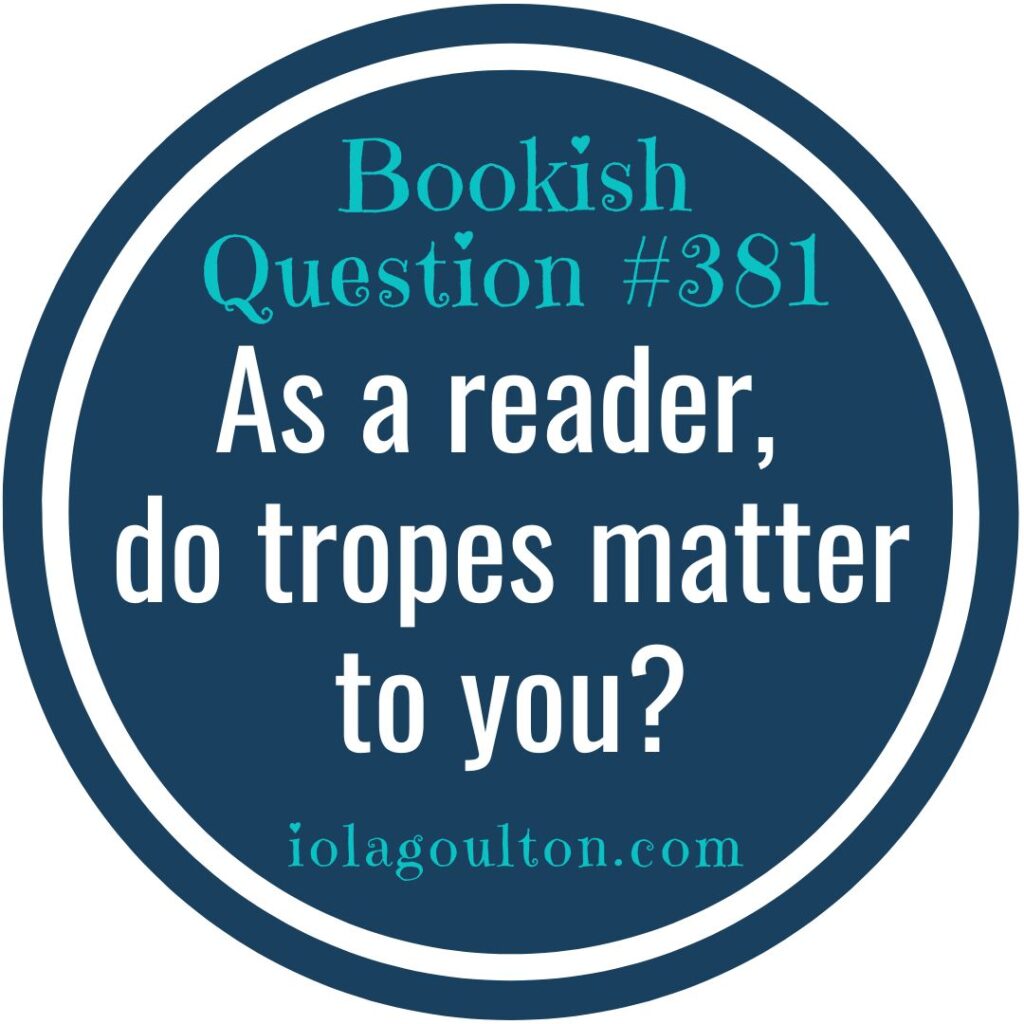As a reader, do tropes matter to you?
I guess we need to start by defining tropes.
First, tropes are different from genre. Genre is the broad subject of a book e.g. a romance vs. a mystery vs. a thriller.
(Click here to read more about genre.)
Tropes are features within a genre.
They may describe one or more of the characters (e.g. grumpy, sunshine, billionaire, cowboy). They may describe the overall plot or conflict (friends to lovers, enemies to lovers). They may indicate the key conflict (secret baby, amnesia). They may describe the setting (small town, forced proximity).
Why do author use tropes?
Because just like readers read by genre (e.g. romance vs. mystery), many also read by trope, particularly tropes like billionaire romance or sports romance or cowboy romance.
Most readers have tropes they like and tropes they don’t like, so advertising tropes serves a dual purpose: it attracts the readers who enjoy that trope, and indicates to the readers who don’t that they might be better looking elsewhere.
Some authors signal their tropes in the book titles or subtitle.
I’m sure you’ve seen titles like The Billionaire’s Secret Baby (which turns out to be a really popular book title). I don’t mind that, although it does feel a little obvious.
Other authors stuff their subtitles with tropes: The CEO’s Companion: A Slow Burn Christian Contemporary workplace romance (BWWM). (With BWWM meaning Black woman and white man, just in case the cover image didn’t make that clear.) Predictably, the white man is the CEO boss.
I’d love to read a billionaire romance where the billionaire was the heroine. Even better if she was something other than white.
I’m not a fan of trope stuffing in the subtitle. That’s what the book description is for. I also don’t like trope-stuffing in advertisements, where the advertisement for a book that seems to have a dozen or more tropes.


